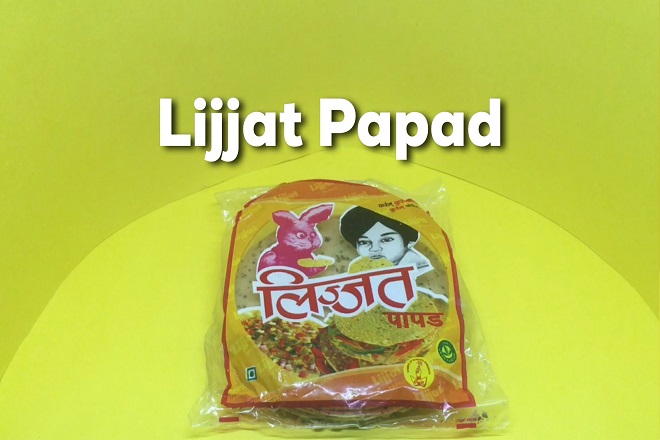International Women's Day: Lijjat papad; how illiterate women turned it to a multi million dollar venture
There are minimal requirements to enrol as a co-owner or behn and no woman is turned away.

- Country:
- India
On the occasion of International Women's Day, India would like to tell the world, the story of great initiative taken by women who did not belong to the previledged class. Shri Mahila Griha Udyog Lijjat papad, an Indian company, has gathered international attention for being such a huge success despite following 58-year old core principles and a large workforce consisting mainly women.
Lijjat started by a group of Seven illiterate Gujrati women with a very modest loan of INR 80, just a little above one dollar as of today’s exchange rate, in 1959 but now has a turnover of about INR 1600 crores (USD 245 million). Lijjat produces papad, a thin, crisp, disc-shaped snack.
The entire cycle of this exceptional company starts with a simple recruitment process. The organisation is ‘for the women, of the women and by the women’. Any woman above the age of 18 who wants to roll papads can approach a Lijjat office, sign the pledge and become a member or co-owner or as they call it, “behn” and no one is turned away. There are minimal requirements to enrol as a behn, they should have a clean house or some space to roll and dry these papads, and even if they can’t fulfil the requirements they can take on other responsibilities, like kneading dough or packaging or testing the quality.
The company has male employees as well but they have no say in decision making or profit sharing, the whole empire is controlled by Women.
Packed papads, made by the members or behns, are sealed into a clean box (each box holds 13.6 kg) and all the production from each centre is transported to the depot of that area. In some smaller towns or villages, the branch itself serves as the depot. The depots are storage areas as well as pick up points for distributors.
Today Lijjat has 81 branches, 27 divisions, a head office in Mumbai. It has also expanded abroad and exports its products to the Middle East, Europe, Singapore, Netherlands, Thailand and the US. Instead of all the success, the only living founder of Lijjat, 95-year old Parvatiben Thodani, lives a simple lifestyle with a monthly expense of just around USD 10 per month.
- FIRST PUBLISHED IN:
- Devdiscourse News Desk










